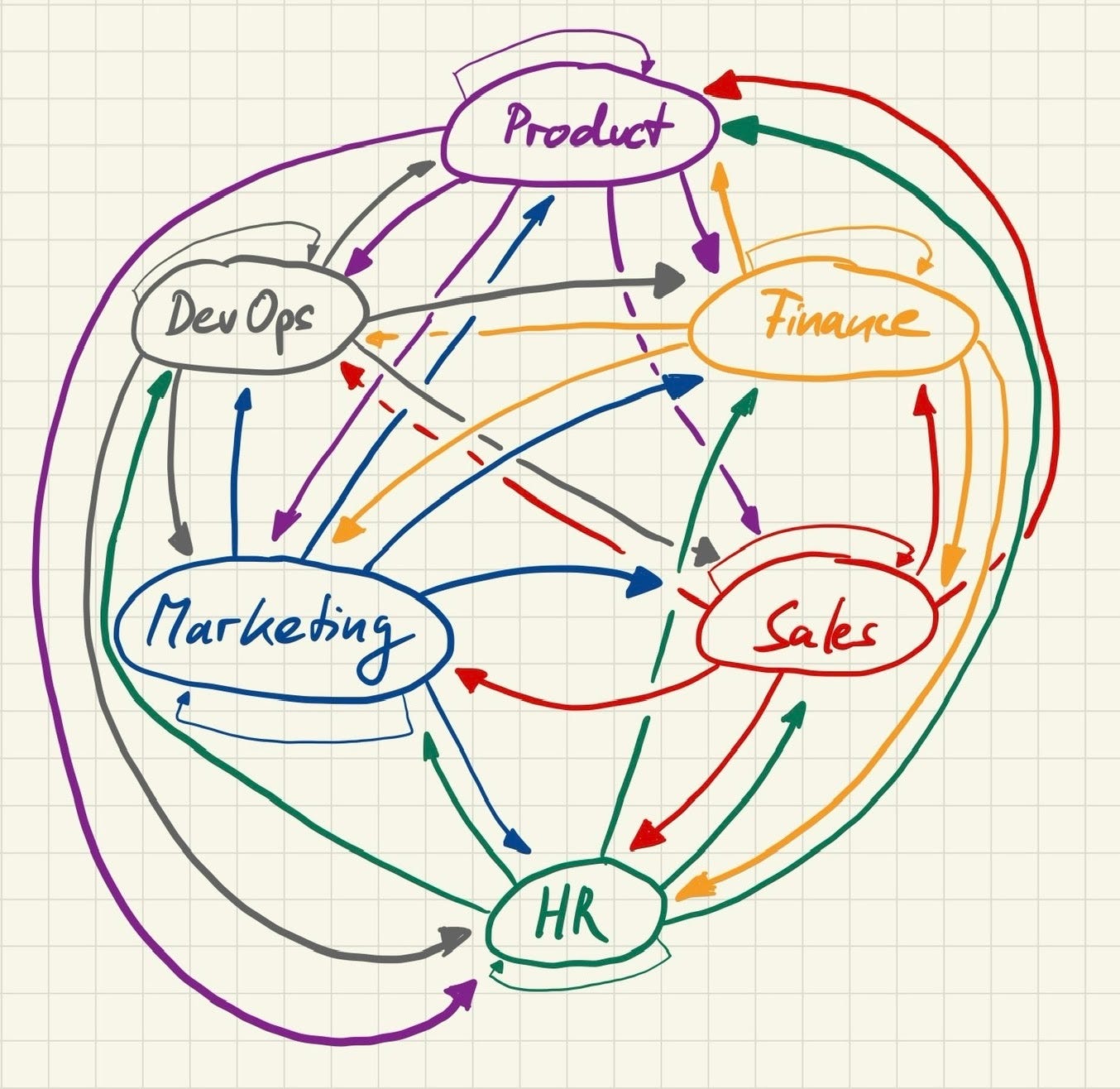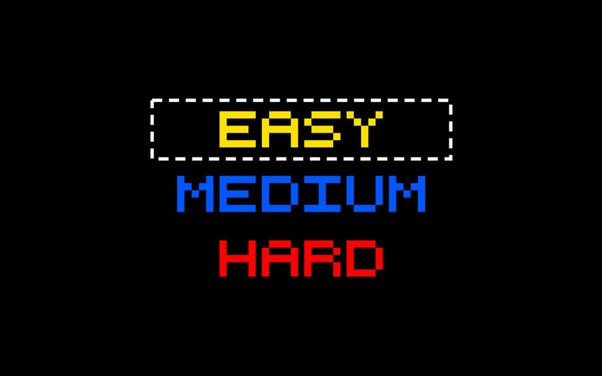In What does Ops do? I described how ops teams wrestle with the complexity that exists even at small startups. Ops teams ensure that all teams have the data and tools they need when they need them. How difficult it is varies. The data feeds between teams are hairier than the internal feeds of each team.
There are two options to enable data feeds between teams: Build it yourself, or buy an existing solution. The decision is as old as the software business itself, and it's rarely easy.
👉 The following bullet points are all topics we'll discuss in future posts 👈
Building can mean anything from
creating a new Slack channel
setting up a shared GSheet
putting together an app yourself with a no-code/low-code solution
or asking the dev team to build an actual tool
Buying involves
getting approval to spend the cash
finding and selecting the right tool
negotiating with the vendor
setup, training and admin
So let's start with the fun part: Getting your boss to pay up.
1. Defining the challenge
It's THE platitude of every company: We want to serve our customers. 💅
For ops teams, the customers are the other teams at the company. It's their job to ensure that their colleagues have the data and tooling that they need. But to be clear: We both know that many tools make our lives a lot easier, it’s just not a good way to frame it...
Assume you're in charge of a frankensteinian multi-tab Excel monster to calculate sales commissions. You ended up there because the VP Sales wants to combine kickers and accelerators with a multi-year clawback and your CRM cannot handle that much complexity. So once a month, you import a CSV file with the latest CRM data and run the model – fingers crossed that it doesn't break because of missing data or an edge case you overlooked, like it did four weeks ago. You hate that time of the month and want it to stop.
2. Finding the right tool
The solution is easy. Implement a tool like Palette or Everstage to calculate commissions, which includes
native integrations with all major CRMs
no-code editor to design all mathematically possible compensation plans
sales contests set up in minutes
an individual dashboard for each sales rep
3. Proposing: Will you let me buy it?
The solution is also expensive. It's another SaaS tool with $30+ per seat. Depending on the size of the sales team it can cost as much as hiring a part-time finance person, and some companies do go down that route. So what to do?
Generally, getting budget approval can be easy, moderate or hard.
Easy
It's easy if the tool replaces an existing tool or process for a lower price tag and therefore "pays for itself". It's like the resplendent quetzal - beautiful but very rare.
Medium
In fact it's so rare that most of the time the company has to spend money upfront. Integration costs or a higher monthly bill can pay off. That's why enterprise SaaS companies offer return on investment (ROI) calculators on their website. Just don't expect the number to be as high in real life.
Hard
Low ROI is hard to sell, period. But sometimes ROI cannot be accurately forecasted. In our case:
Sales reps are competitive and contests are cheap, short-term boosts to morale. For the price of a playstation or a spa weekend for two you get a lot of buzz about who's ahead and why. Commission tools make running them easy.
Manual calculations and payouts are error-prone. It can become very expensive if an employee is let go and decides to challenge the commission payouts. Accurate calculations and monthly exports protect companies from litigation.
A product-based commission model would finally break the Excel model. The right tool incentivizes a particular product range, which is more difficult to sell but has higher payoffs in the long run. It aligns a sales rep’s instinct with company strategy.
Obviously, none of those arguments are silver bullets – we are playing on hard mode, after all. But they demonstrate the possible approaches to the budget discussion. It helps to become good at asking for budget or negotiating with a vendor (will be covered in a future post). The number of tools ops teams use will not go down.






